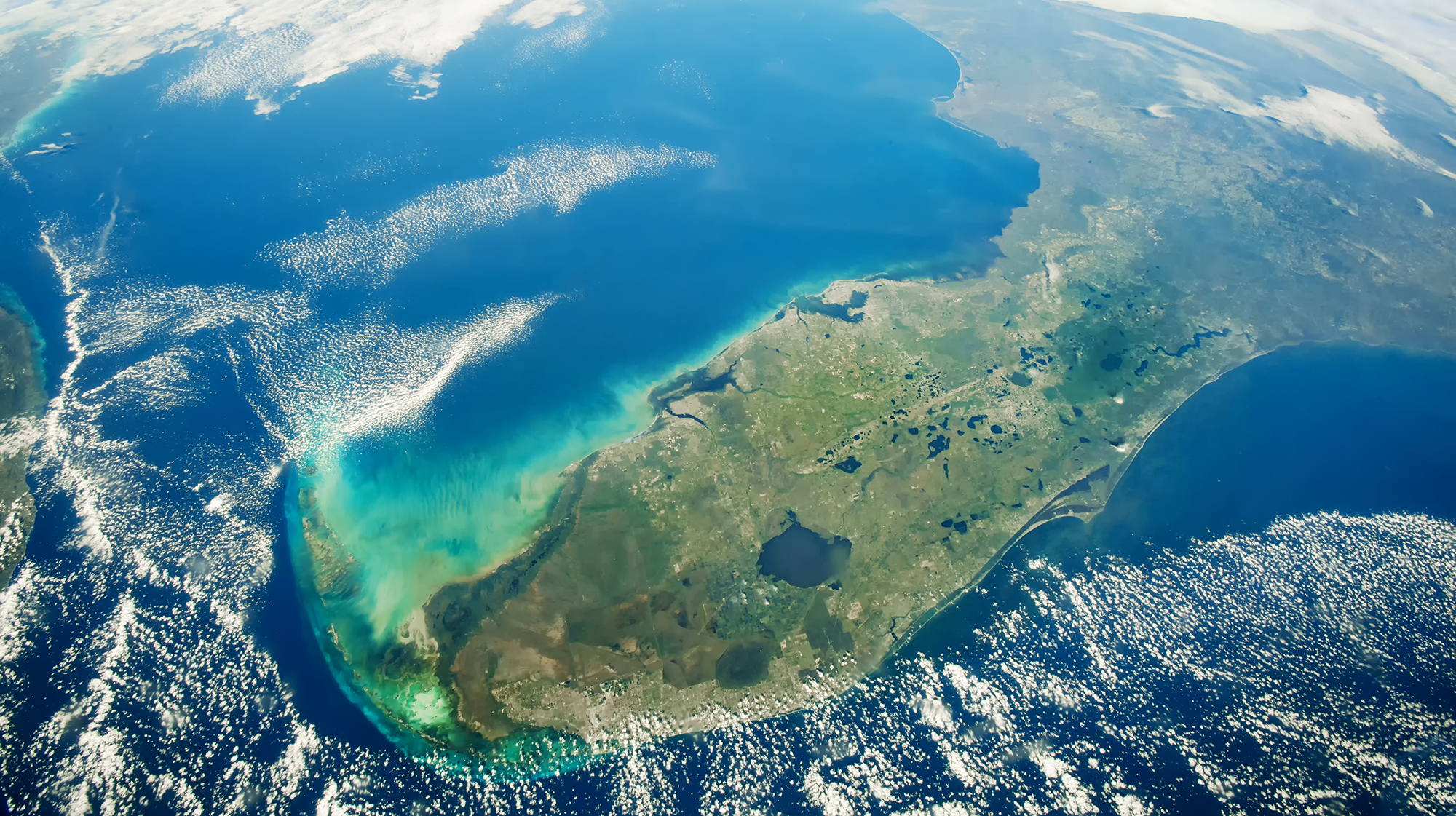
This Earth Day, celebrate research driving environmental change
As the world commemorates Earth Day, it serves as a reminder to pause and contemplate our intricate relationship with the planet we call home. Today marks a global celebration of the natural world, prompting reflection on our collective impact as we commit to safeguarding the environment for future generations.
The College of Liberal Arts and Sciences showcases a selection of groundbreaking research that advances our understanding of Earth and paves the way for positive change. From tackling climate change issues to exploring marine biology, CLAS researchers are driving solutions to the pressing environmental challenges of our time.
While our faculty, staff, and students engage in the global dialogue on our planet’s health every day, Earth Day provides an opportunity to celebrate just a few of the recent research discoveries that are making a significant impact.
Join us in our mission to deepen our understanding of Earth and promote its health and well-being:

Humans shape the journey of mud, study reveals
Discoveries don’t always come from the skies or depths of the ocean — sometimes, they’re right beneath our feet. A team of global scientists, led by UF’s Thomas S. Bianchi, unveils the hidden story of mud. Their study reveals the surprising impact of human actions on Eath’s very foundation.
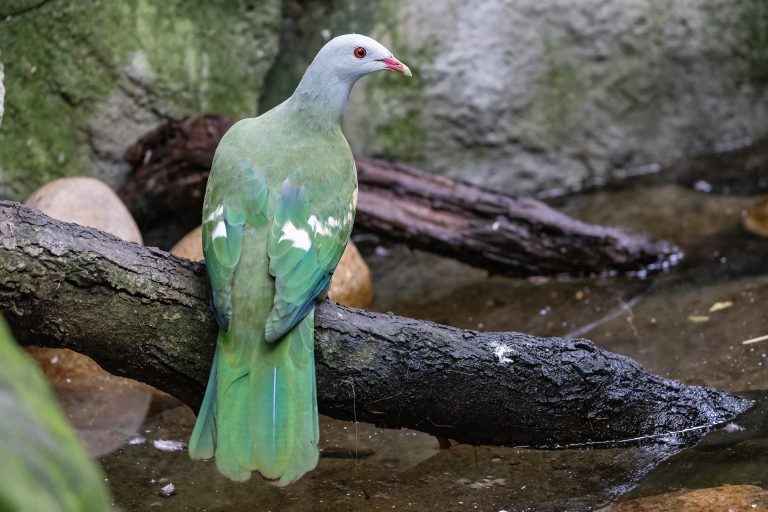
We’ve had bird evolution all wrong
Scientists uncover a hidden genetic anomaly in birds’ DNA, frozen in time for millions of years, misleading our understanding of avian evolution. Their findings highlight the intricate complexities of genetic history and its impact on evolutionary studies.
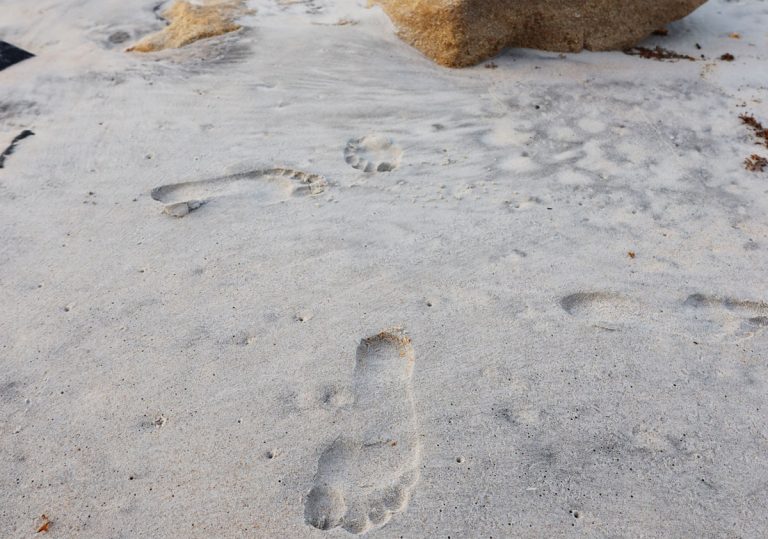
Environmental human DNA offers new opportunities for public good
UF researchers discover human DNA in unexpected places. The breakthrough ushers in the era of human environmental DNA (eDNA), promising a wave of possibilities that stretch from crime-solving to environmental protection.
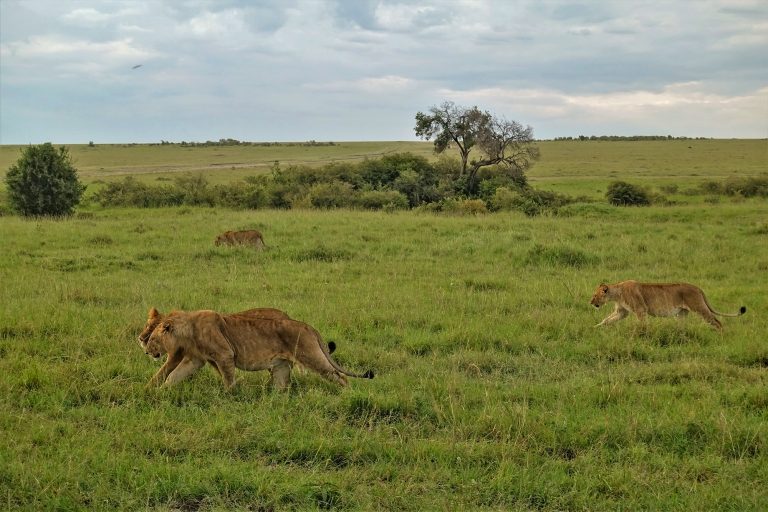
Tiny ant species disrupts lion’s hunting behavior
How could a tiny ant disrupt the delicate balance of an East African ecosystem? UF researchers reveal how an invasive species is decimating tree cover, jeopardizing lions’ hunting strategies. Their findings put invasive species mitigation efforts and biodiversity conservation front of mind.
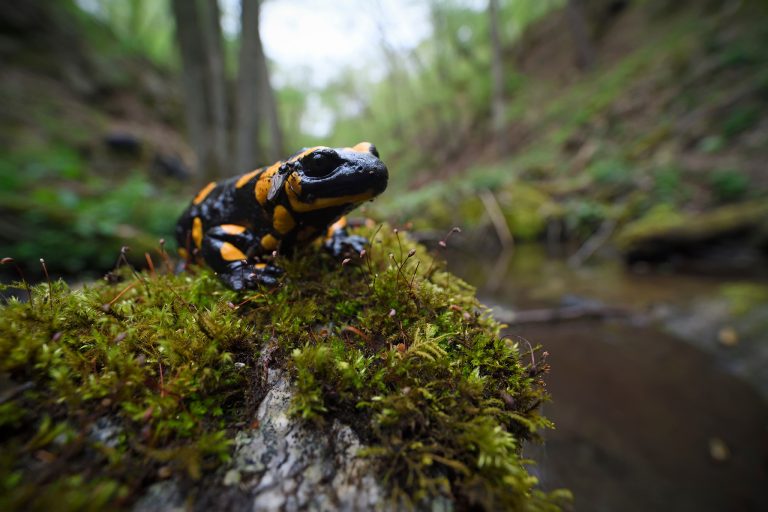
Invasive amphibian pathogen may have no issues adapting to American soils
As we consider a delicate balance of ecosystems, often signaled by the resilience of amphibians, a team of UF biologists explores a disruption in the equilibrium, underscoring the importance of preserving biodiversity.

Illuminating spiritual dimensions of the solar eclipse
UF religion and nature expert Bron Taylor unveils a deeper narrative hidden underlying the solar eclipse’s cosmic spectacle. He observes a rising trend of nature-based spirituality, mirroring our modern yearning for deeper connection with the natural world.
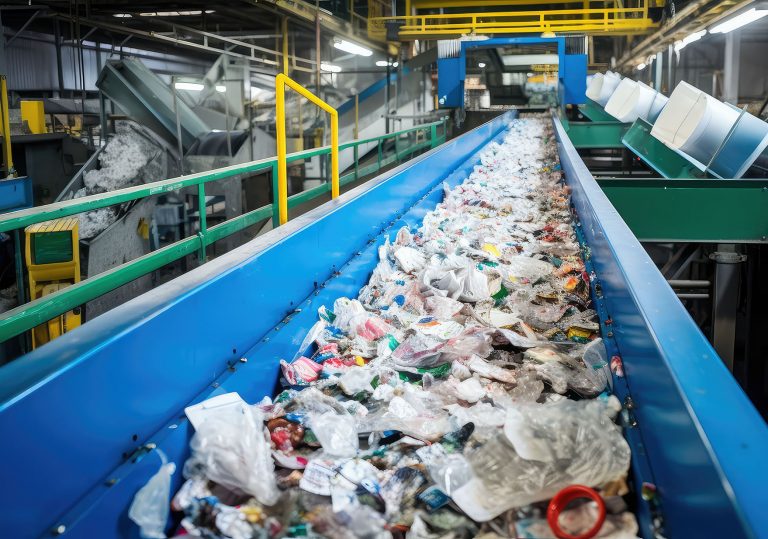
Breakthrough polymer research promises to revolutionize recycling
In the quest for sustainable solutions, the Department of Chemistry’s Butler Lab achieves a breakthrough in polymer recycling, fueling hopes for a greener future amidst growing plastic demand.
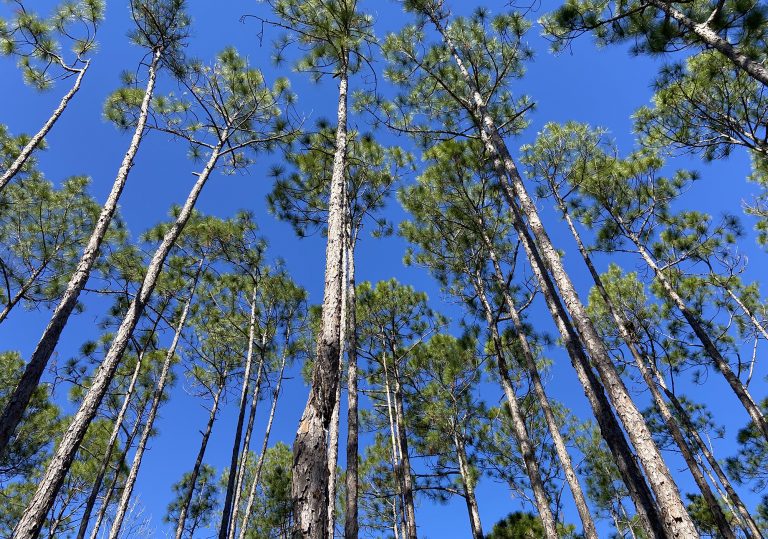
Climate change threatens global forest carbon sequestration, study finds
Researchers uncover contrasting tales of American forests: While those in the East are flourishing, those in the West struggle to survive. The study warns of declining carbon storage, pointing to the urgent need to protect forest resilience while offering a beacon of hope.
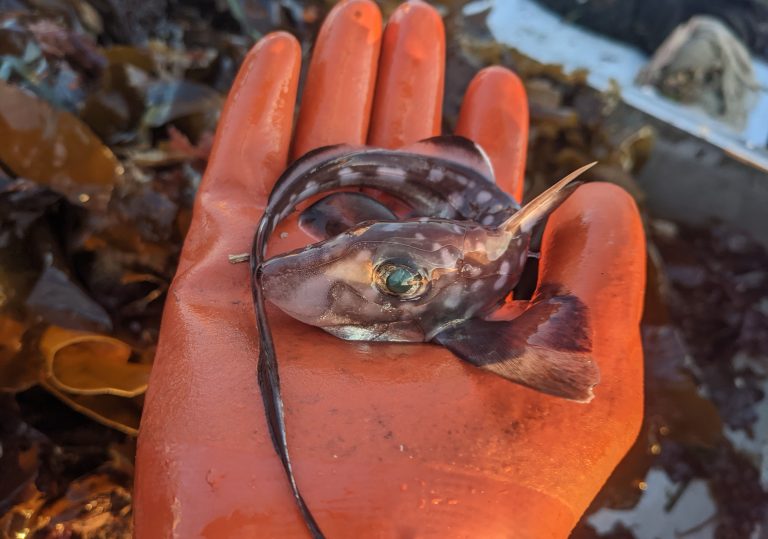
Three peculiar sea creatures could reshape human dentistry
Dive into the curious world of marine anatomy with the Fraser Lab, where evolutionary biologist Gareth Fraser probes the secrets of creatures like hammerhead sharks and pufferfish. He aims to unlock insights for human dentistry, underscoring the interconnectedness of marine life and human health.

Can we create the molecules of life?
The Roitberg Computational Chemistry Group pushes the boundaries of molecular science with HiPerGator, the fastest supercomputer in U.S. higher education. Their work demonstrates the potential of advanced computing to unlock the secrets of life’s building blocks and inspire sustainable solutions for the future.